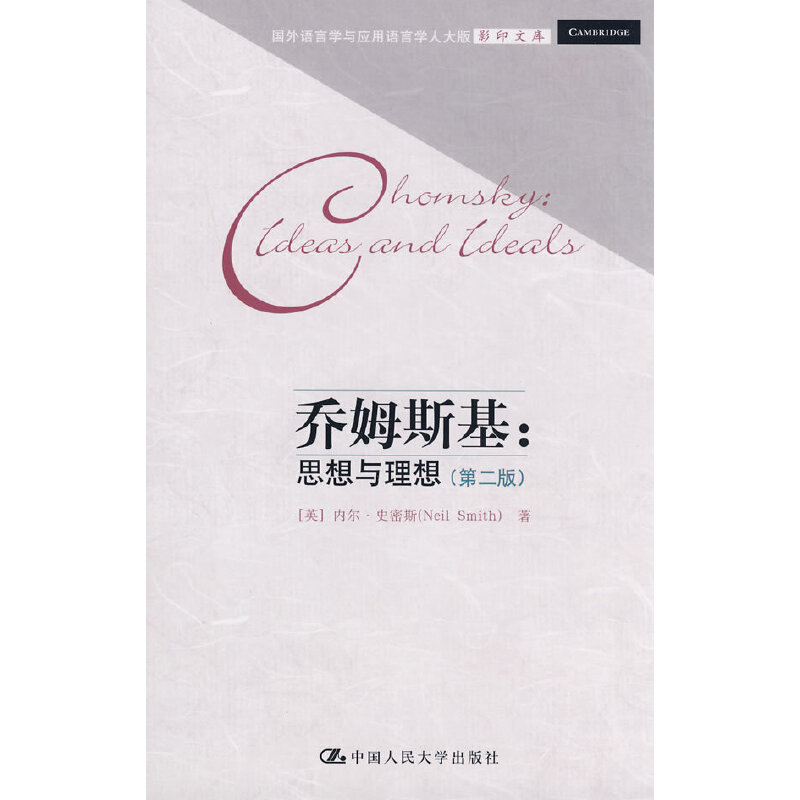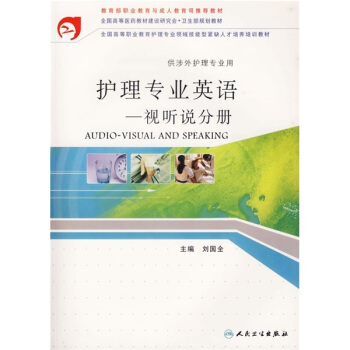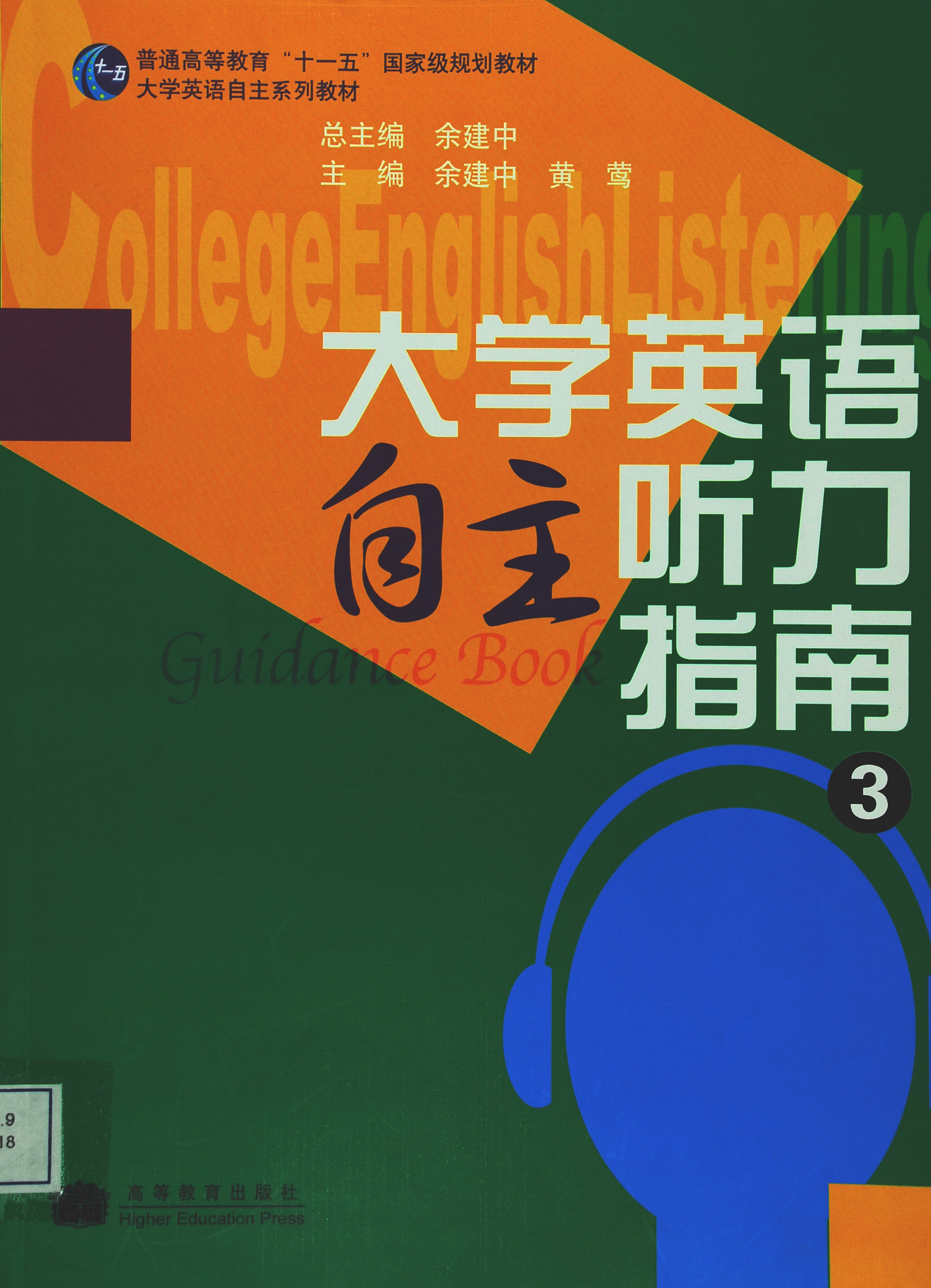乔姆斯基:思想与理想(第二版)(国外语言学与应用语言学人大版影印文库) / 国外语言学与应用语言学人大版影印文库
定价:¥35.00
作者: [英]内尔·史密斯
出版时间:2009-01
出版社:中国人民大学出版社
- 中国人民大学出版社
- 9787300099750
- 1-1
- 268582
- 平装
- 2009-01
- 318
- 316
- H
内容简介
In this rigorous yet accessible account of Chomsky ' s work and influence, Nell Smith analyses Chomsky' s key contributions to the study of language and the study of mind He gives a ~led" and partly historical exposition of Chomsky ' s linguistic theorizing, and examines the ideas (such as deep and surface structure) for which he is best known. Smith discusses the psychological and philosophical implications of Chomsky s work, and gues that he has fundamentally changed the way we think of ourselves, gaining a position in the history of ideas on a par with that of Darwin or Descartes. Finally, he examines Chomsky' s political ideas and how these fit intellectually with his scholarly work. Smith argues that, despite Chomsky ' s own disavowal of any very close connection, there are fundamental ideas of rationality, creativity and modularity that draw together the disparate strands of his vast output. Throughout, Smith explores the controversy surrounding Chomsky's work, and explains why he has been both adulated and vilified. In this rigorous yet accessible account of Chomsky ' s work and influence, Nell Smith analyses Chomsky' s key contributions to the study of language and the study of mind He gives a ~led" and partly historical exposition of Chomsky ' s linguistic theorizing, and examines the ideas (such as deep and surface structure) for which he is best known. Smith discusses the psychological and philosophical implications of Chomsky s work, and gues that he has fundamentally changed the way we think of ourselves, gaining a position in the history of ideas on a par with that of Darwin or Descartes. Finally, he examines Chomsky' s political ideas and how these fit intellectually with his scholarly work. Smith argues that, despite Chomsky ' s own disavowal of any very close connection, there are fundamental ideas of rationality, creativity and modularity that draw together the disparate strands of his vast output. Throughout, Smith explores the controversy surrounding Chomsky's work, and explains why he has been both adulated and vilified.
This second edition has been thoroughly updated and revised to account for Chomsky's most recent work, including his continued contributions to linguistics (in particular new developments in the Minimalist Program), his further discussion on evolution, and his extensive work on the events of September 11,2001 and their aftermath. The bibliography and notes have been expanded to account for the rapidly growing secondary literature on Chomsky's work, as well as the many new works by Chomsky himself. It will be welcomed by students and researchers across the disciplines of linguistics, philosophy, cognitive science and politics, and anyone with an interest in the impact of Chomsky's work.显示全部信息
This second edition has been thoroughly updated and revised to account for Chomsky's most recent work, including his continued contributions to linguistics (in particular new developments in the Minimalist Program), his further discussion on evolution, and his extensive work on the events of September 11,2001 and their aftermath. The bibliography and notes have been expanded to account for the rapidly growing secondary literature on Chomsky's work, as well as the many new works by Chomsky himself. It will be welcomed by students and researchers across the disciplines of linguistics, philosophy, cognitive science and politics, and anyone with an interest in the impact of Chomsky's work.显示全部信息
目录
Preface to the second editionAcknowledgments for the first editionIntroductionChomsky's achievementOn heroes and influences1 The mirror Of the mind Linguistics as a science The nature of idealization Common sense Modularity Double dissociation Modules and quasi-modules Intelligence and "learning" Competence and performance Competence and grammar Rules I-language and E-language Performance, parsing, and pragmatics Parsing considerations Pragmatic considerations Competence and performance versus I-language and E-language Evolution and innateness Language acquisition Poverty of the stimulus Word meaning Universals Natural language and the language of thought Summary2 The linguistic foundation Introduction Knowledge of language The lexicon Knowledge of structure Knowledge of structural relations Levels of representation Constituents and rules Deep structure Description versus explanation From rules of principles The elimination of PS rules X-bar theory Government and Binding theory Binding theory Locality Theta theory Case theory and government Empty categories The status of transformations Principles and parameters Lexical and functional categories Minimalism Economy The elements of Minimalism Perfect syntax A historical progression Evolution3 Psychological reality Causality and observability Psychological reality and the nature of evidence Intuitions Language processing The derivational theory of complexity Grammars and parsers Parsing problems Economy Language acquisition (Plato's problem) Teaching versus learning Learning versus growing Parameter setting The critical period hypothesis Maturation Language pathology Agenesis of the corpus callosum The polyglot savant Specific language impairment (SLI) Connectionism: the behaviorists strike back4 Philosophical realism: commitments and controversies Commitments Realism I-language revisited Representation and computation Naturalism Mentalism Tacit knowledge The mind-body problem Controversies Language and the world Language and the community Language and the individual Problems of semantics Innateness Unification and reduction Conclusions5 Language and freedom Explanation and dissent: the common threads Relentless dissent Common sense and theory Rationality, modularity, and creativity Rationality Modularity Malleability and plasticity Creativity The anarchist background The Encyclopefistes The critique of (American) foreign policy Vietnam East Timor 9-11: terrorism and the "war on terror" The critique of domestic policy Pig farming in Haiti Drug trafficking The critique of media control Murder Third world elections The treason of the intellectuals The technique of dissection The exposure of warped perspective The exposure of suppressed precursor events The exposure of debased language Moral absolutes and options for the future The Faudsson affair Islamic fundamentalism Authority The positive programConclusionEnvoiNotesBibliographyIndex







